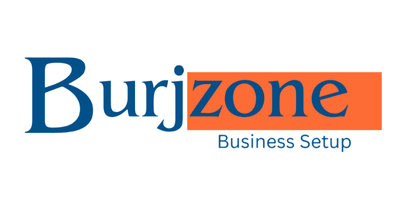Our Blog
Home / Blog
How to Structure a Project Management Office (PMO) in a Dubai Firm
As Dubai continues to grow as a global business hub, organizations across industries—from construction in Dubai Silicon Oasis to IT firms in Dubai Internet City—are realizing the importance of a structured Project Management Office (PMO). A well-designed PMO not only streamlines project execution but also aligns initiatives with corporate strategy, improves resource utilization, and enhances stakeholder communication.
This guide explores how to effectively structure a PMO within a Dubai-based firm to meet the unique demands of the UAE business environment.
1. Understanding the Role of a PMO in Dubai Firms
A PMO acts as the centralized governance body responsible for standardizing project processes, ensuring compliance with regulations, and managing project portfolios. In Dubai, where projects often involve multiple stakeholders—including government entities like the Dubai Municipality and private investors—the PMO serves as a critical liaison to maintain transparency and accountability.
2. Types of PMO Structures Suitable for UAE Companies
Depending on your firm’s size and complexity, the PMO can take several forms:
Supportive PMO: Offers best practices, training, and templates. Ideal for smaller firms or startups in zones like Dubai South.
Controlling PMO: Enforces compliance and project methodologies. Common in medium-sized enterprises in Business Bay or Dubai Media City.
Directive PMO: Directly manages projects and resources. Suited for large companies with multiple projects, such as those operating in Jebel Ali Free Zone or Dubai Industrial City.
3. Key Roles and Responsibilities in a Dubai PMO
A well-structured PMO requires clear roles, including:
PMO Director/Manager: Oversees PMO strategy and alignment with business goals.
Project Managers: Execute individual projects and report progress.
Resource Manager: Allocates personnel and manages capacity across projects.
Compliance Officer: Ensures adherence to UAE laws, including labor, health, and safety regulations.
Reporting Analyst: Generates dashboards and performance reports for stakeholders.
4. Aligning the PMO with UAE Regulatory and Cultural Contexts
Dubai firms must integrate compliance with local laws such as Dubai Economic Department (DED) regulations and labor laws. Additionally, the multicultural workforce in Dubai means the PMO should foster inclusive communication and culturally aware leadership.
5. Tools and Technologies to Support Your PMO
Utilize project management software popular in the UAE market, like Microsoft Project, Asana, or Smartsheet, integrated with ERP systems used by companies in Dubai International Financial Centre (DIFC) or Abu Dhabi Global Market (ADGM).
6. Measuring PMO Success with KPIs
Track KPIs tailored to Dubai projects, such as:
On-time project delivery percentage
Budget variance
Resource utilization rate
Stakeholder satisfaction scores
Compliance incidents reported
Final Thoughts
Setting up a PMO in a Dubai firm requires a balance of global project management best practices with local regulatory compliance and cultural considerations. Whether you are a tech startup in Dubai Internet City or a construction firm in Dubai Industrial City, a structured PMO will enhance your ability to deliver projects successfully and maintain competitive advantage in the UAE market.
#PMODubai #ProjectManagementUAE #DubaiBusinessProjects #PMOSetup2025 #DubaiCompliance #UAEProjectManagement #DIFCProjects #AbuDhabiPMO #DubaiIndustrialProjects
